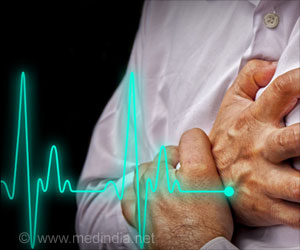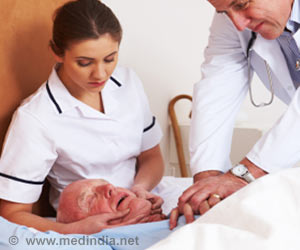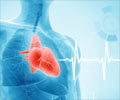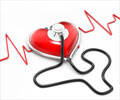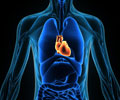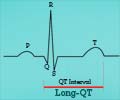Glossary
Arrhythmia: Irregular Heart beat.Echocardiogram: A procedure that uses ultrasonic waves directed over the chest wall to obtain a graphic record of the heart's position, motion of the walls, or internal parts such as the valves.
Heart failure: Condition caused when the heart is unable to pump enough blood to meet the needs of the body; also characterized by fluid collecting in various parts of the body (such as legs, lungs, liver).
Endocarditis: Inflammation of the inner lining of the heart, usually the heart valves; typically caused by an infection.
Congestive heart failure: Congestive heart failure is a condition in which the heart can't pump enough blood to support the body's needs. It is also known as heart failure.
Coronary artery disease: Coronary artery disease or coronary heart disease is a narrowing of the small blood vessels that supply blood and oxygen to the heart that usually results from atherosclerosis.
CPR: Cardiopulmonary resuscitation (CPR) is a combination of rescue breathing (mouth-to-mouth breathing) and chest compressions that can support a small amount of blood flow to the heart and brain to buy time until normal heart function is restored.
Palpitations: Irregular rapid beating of the heart.
Extra Corporeal Membrane Oxygenation (ECMO): A device that can oxygenate the body when there is a failure of the heart and lungs to do so.
Myocardium: It is the muscle layer of the heart.
Atrial Fibrillation: A disorder of heart rhythm in which the normally regular contractions of the atria of the heart are replaced by rapid and random twitching, resulting in irregular and usually faster than usual contractions of the ventricles.

